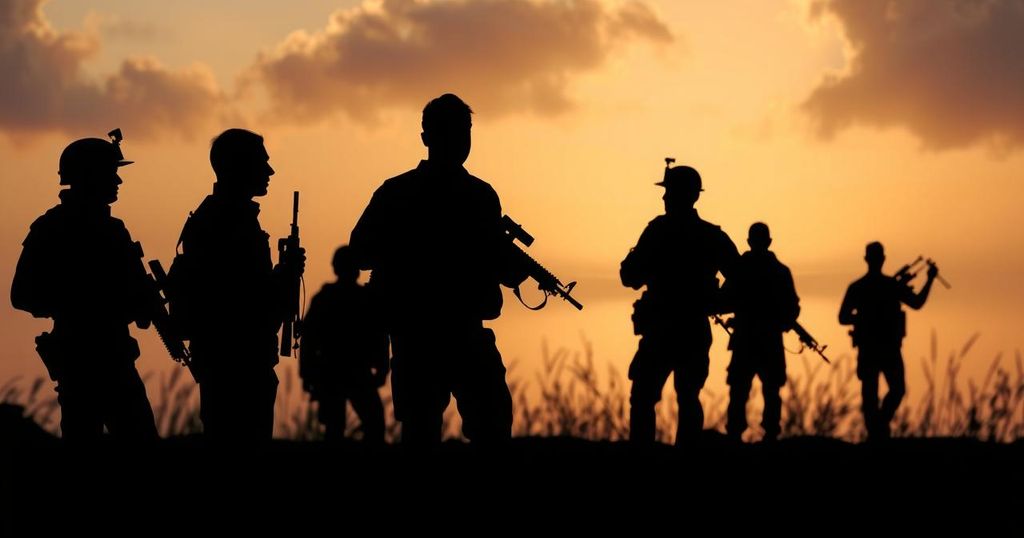Investigations Against French Journalist Highlight Tensions in Sahel Region
Prosecutors in Mali, Burkina Faso, and Niger have launched investigations against French journalist Wassim Nasr, accusing him of being an “apologist for terrorism” due to his commentary on jihadist attacks. Nasr, who works for France 24 and specializes in security analysis within the Sahel region, faces serious charges amidst a broader crackdown on media in these military-led nations, which have moved away from Western alliances and suspended international media outlets.
In a controversy that has sparked significant international interest, prosecutors from the military-led governments of Mali, Burkina Faso, and Niger have initiated investigations against Wassim Nasr, a French journalist and security expert associated with France 24. They have accused him of acting as an “apologist for terrorism” due to his analytical commentary on jihadist activities, particularly following a jihadist attack that targeted strategic locations in Bamako, the capital of Mali, on September 17. Nasr has been noted for his expertise on the Islamist insurgency that has threatened the Sahel region since its emergence in 2012. The respective judicial authorities from these countries released a unified statement asserting that Nasr’s remarks constituted “blatant acts of publicity and support” for jihadist actions, referring to this recent incident as well as a previous assault in the town of Djibo in Burkina Faso in 2023. Consequently, he faces serious allegations including criminal conspiracy and complicity in acts of terrorism. Despite not providing comments on these accusations, Nasr expressed his solidarity with fellow journalists in the region, who are enduring the unpredictable and harsh realities imposed by the ruling military regimes. These nations have progressively distanced themselves from traditional Western alliances and have shown a preference for deepening ties with Russia, further complicating the dynamics of international reportage. Furthermore, state-controlled media in those countries have already suspended France 24 and similar international outlets due to their coverage of the ongoing insurgency.
The Sahel insurgency has escalated since its inception in Mali in 2012, resulting in a regional crisis characterized by widespread violence and instability. The political landscape in Mali, Burkina Faso, and Niger has shifted dramatically following military coups since 2020, as these governments have sought to solidify their power while pivoting towards alternative global partnerships, notably with Russia. The insurgency is driven by various extremist groups that exploit local grievances and weak governance. This situation has led to increased scrutiny of media narratives surrounding the violence, with military officials often viewing critical analysis as an alignment with insurgent objectives.
The investigations against Wassim Nasr reflect the growing tensions between military governments in the Sahel and international journalism. The actions taken by the juntas signify a broader effort to control the narrative surrounding the ongoing insurgency and limit external criticism. As these countries continue to navigate their allegiance shifts and expand their geopolitical alliances, the implications for freedom of speech and journalistic independence remain crucial points of contention.
Original Source: www.rappler.com








Post Comment